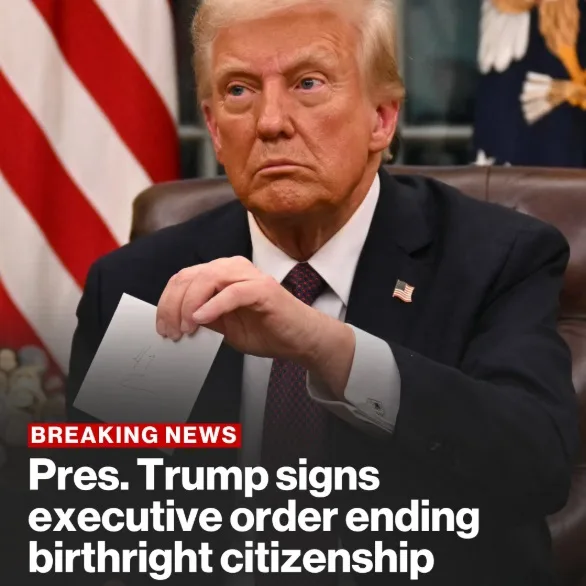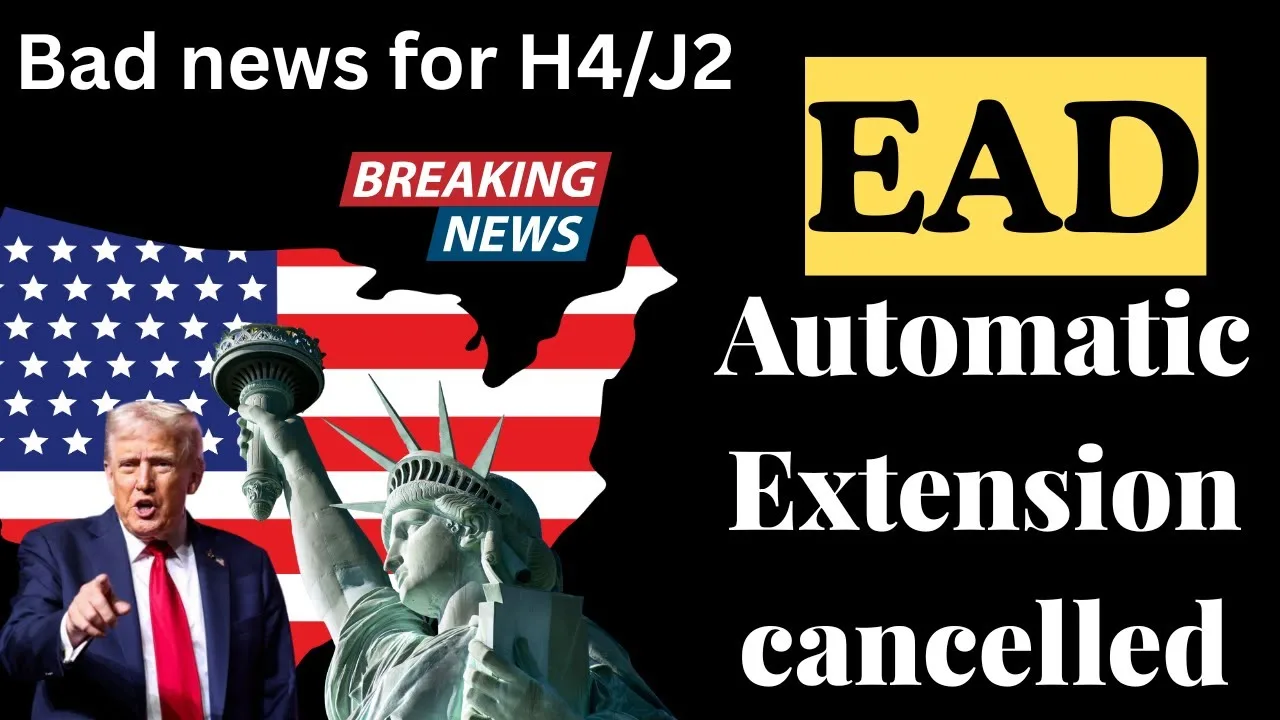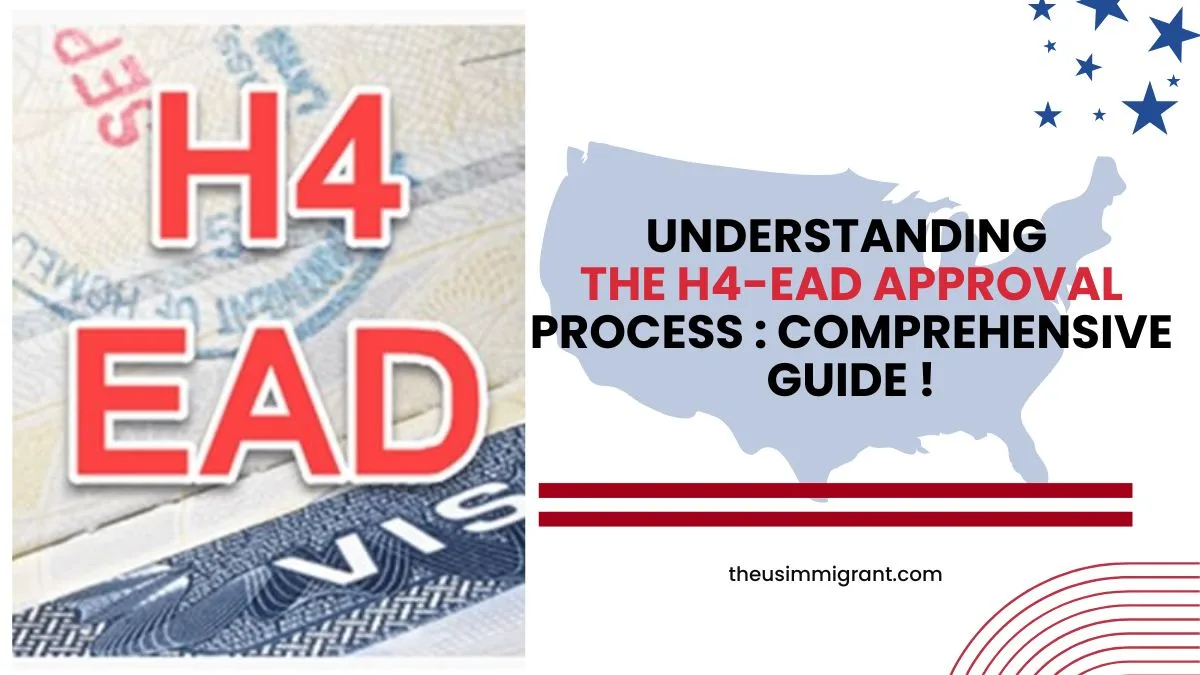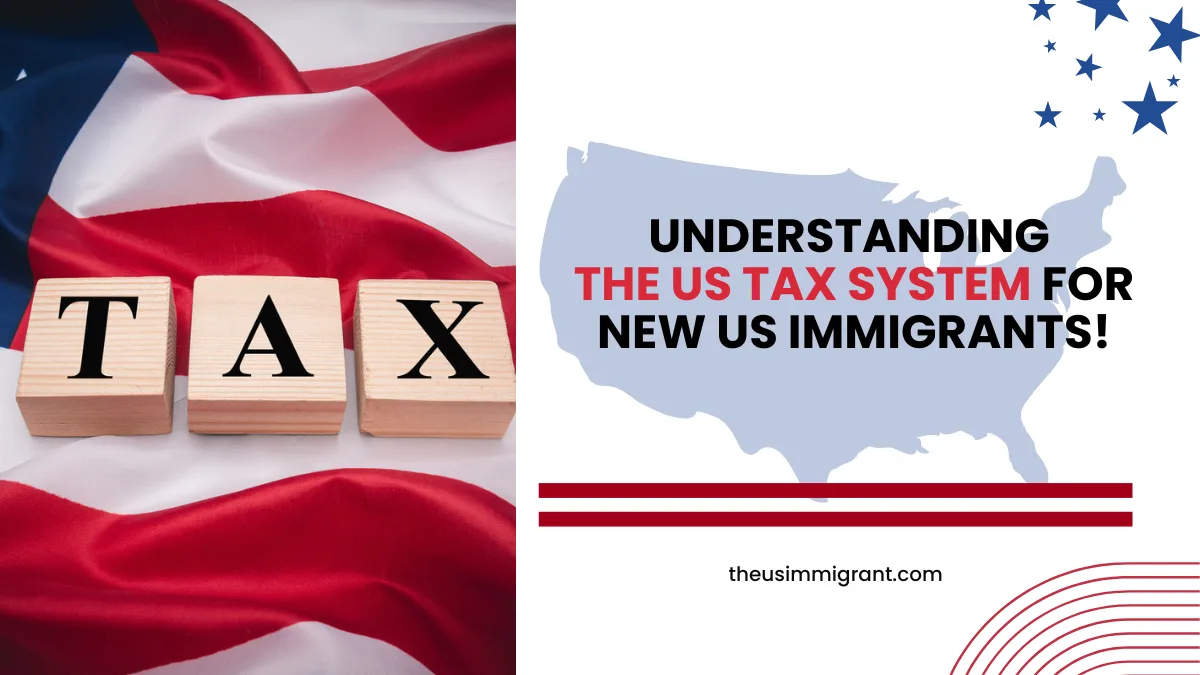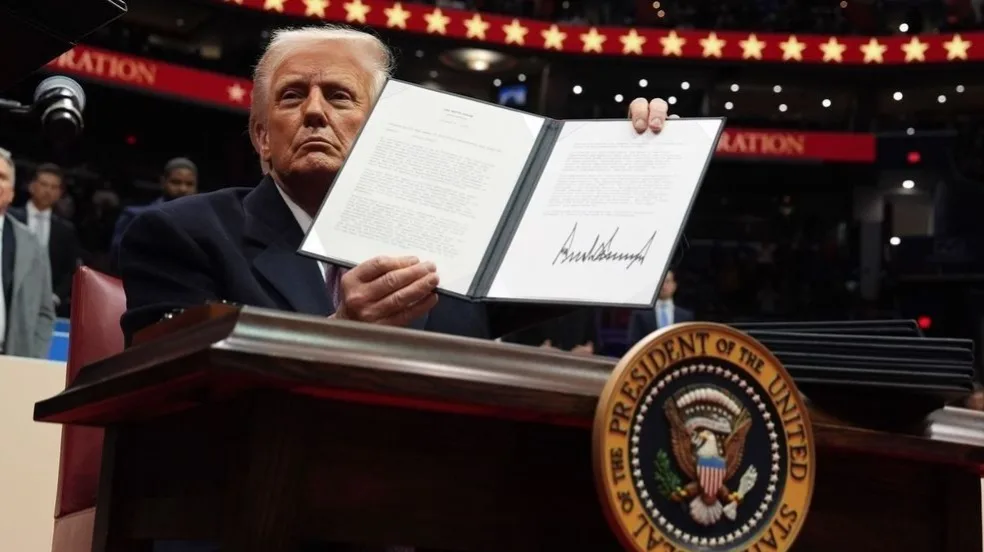
Introduction
Today the Trump administration issued an executive order targeting birthright citizenship which received quick backlash and will likely encounter major legal obstacles.
The order states that the Fourteenth Amendment offers US citizenship to people born in the nation with US authority but restricts this to only those with US control.
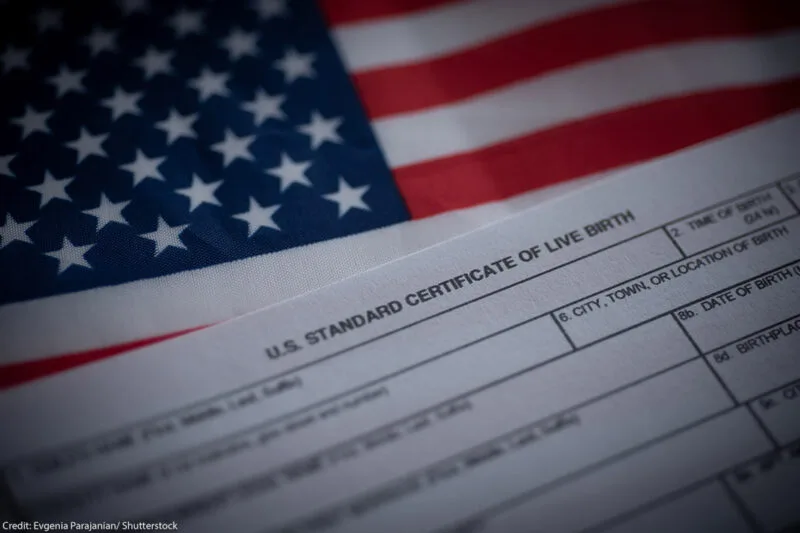
What is Birthright Citizenship?
- Under Birthright Citizenship every baby born on American soil automatically becomes a U.S. citizen.
- Under birthright citizenship laws, people become citizens by nature of their birth. Two forms exist for birthright citizenship: citizenship through ancestry and place of birth. Under the jus soli system of citizenship rights, where birth occurs determines who gains automatic citizenship benefits.
- Under the Fourteenth Amendment to the United States Constitution, every person born on U.S. soil becomes an American citizen automatically. Under the U.S. Constitution’s Fourteenth Amendment, everyone born or naturalized in the United States who comes under U.S. jurisdiction receives automatic citizenship for the United States and their state of residence.
Key Provisions of The Order

Restricted Eligibility
The order wants to end automatic U.S. citizenship for children born here when their parents either remained in the country illegally or were temporary visitors.
- Unlawful Presence: A newborn child automatically loses U.S. citizenship rights when their mother stays in the United States illegally at birth while their father maintains no U.S. citizenship or valid residency.
- Temporary Lawful Presence: The birth situation becomes ineligible for automatic citizenship when a mother enters the nation with temporary legal status and neither parent holds U.S. citizenship or permanent residency.
Implementation & Enforcement
Under this order, federal departments of State and Homeland Security plus Justice must enforce new rules and block citizenship document applications.
- Effective Date: The new rules will affect only newborn babies who deliver their first child after the order takes effect.
- Exclusions: Children born to lawful permanent residents can still get U.S. citizenship under this order.
Legal & Constitutional Challenges
- Fourteenth Amendment: The order bases its case on how the Fourteenth Amendment defines “subject to the jurisdiction thereof.” The current interpretation shows that some babies who were born in the USA do not qualify for automatic citizenship rights.
- Precedent: The Supreme Court issued its ruling in United States v during 1898. In U.S. V. Wong Kim Ark, the Supreme Court established that children born within U.S. territories acquire automatic citizenship due to their birthplace alone and their parent’s immigration status does not affect this right. This order tries to limit citizenship based on parental immigration status, yet the Supreme Court previously stated birthright citizenship is unaffected by parental status.
- Congressional Authority: Despite the order’s recognition of Congress’ authority over citizenship laws experts remain unsure if the president has the power to change birthright citizenship alone.
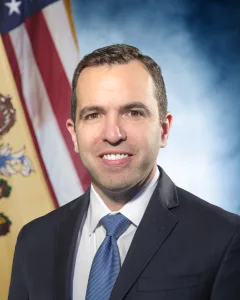
Critism & Concerns
- Constitutional Violation: Expert opinions state the order goes against the Fourteenth Amendment and threatens the basic right of American citizenship.
- Humanitarian Concerns: Public and nonprofit groups express strong worries about how this order might affect children whose parents have entered the US illegally.
- Practical Difficulties: The enforcement of this order will face multiple practical and legal problems from tracking parents’ immigration history to potentially leaving children without citizenship.
Social & Political Implications
- Political Debate: The order will escalate the debate between politicians about the American treatment of immigrants.
- Legal Battles: This order may generate rapid legal opposition leading to extended court proceedings to decide US birthright citizenship.
Conclusion
This Birthright Citizenship executive order breaks away from established legal rules and threatens the constitutional rights of children who gain US citizenship through birth.
Legal and humanitarian organizations are expected to deny the order because it poses both constitutional and execution challenges. Birthright citizenship in the U.S. will face strict courtroom challenges and public political conflicts shortly.

